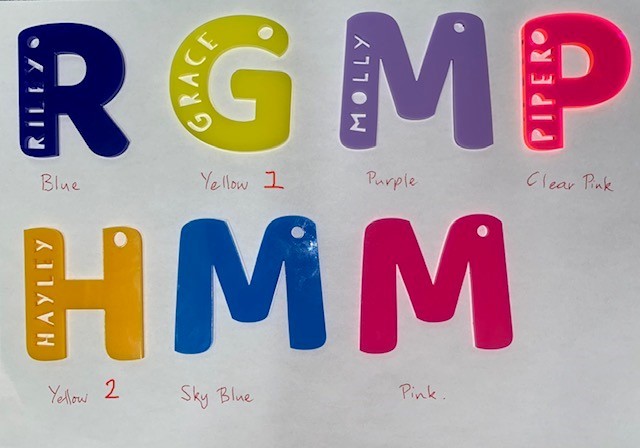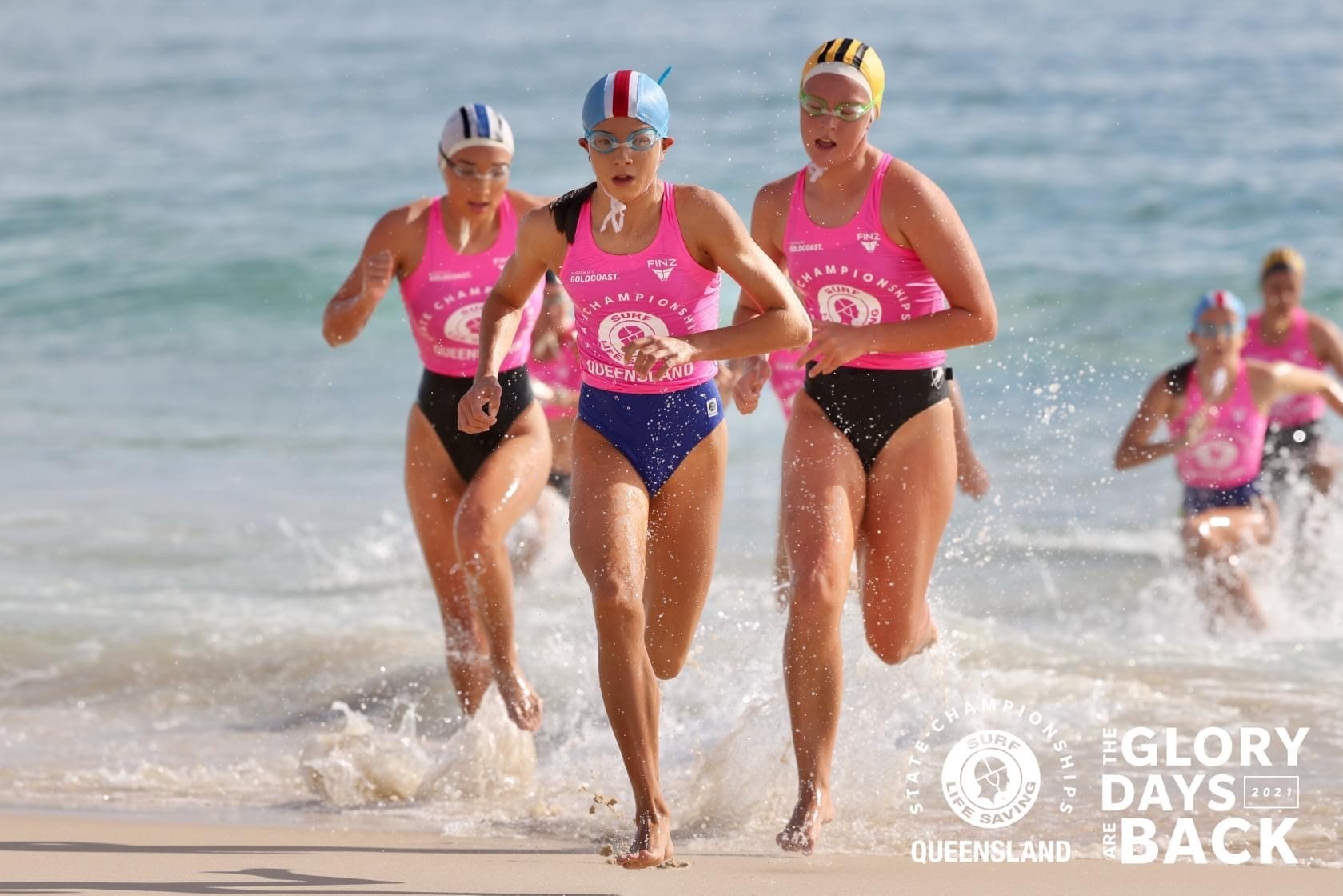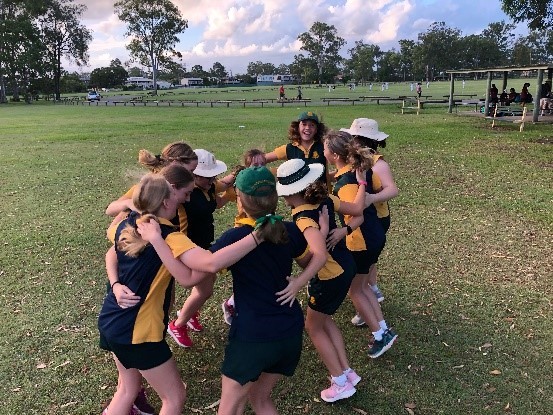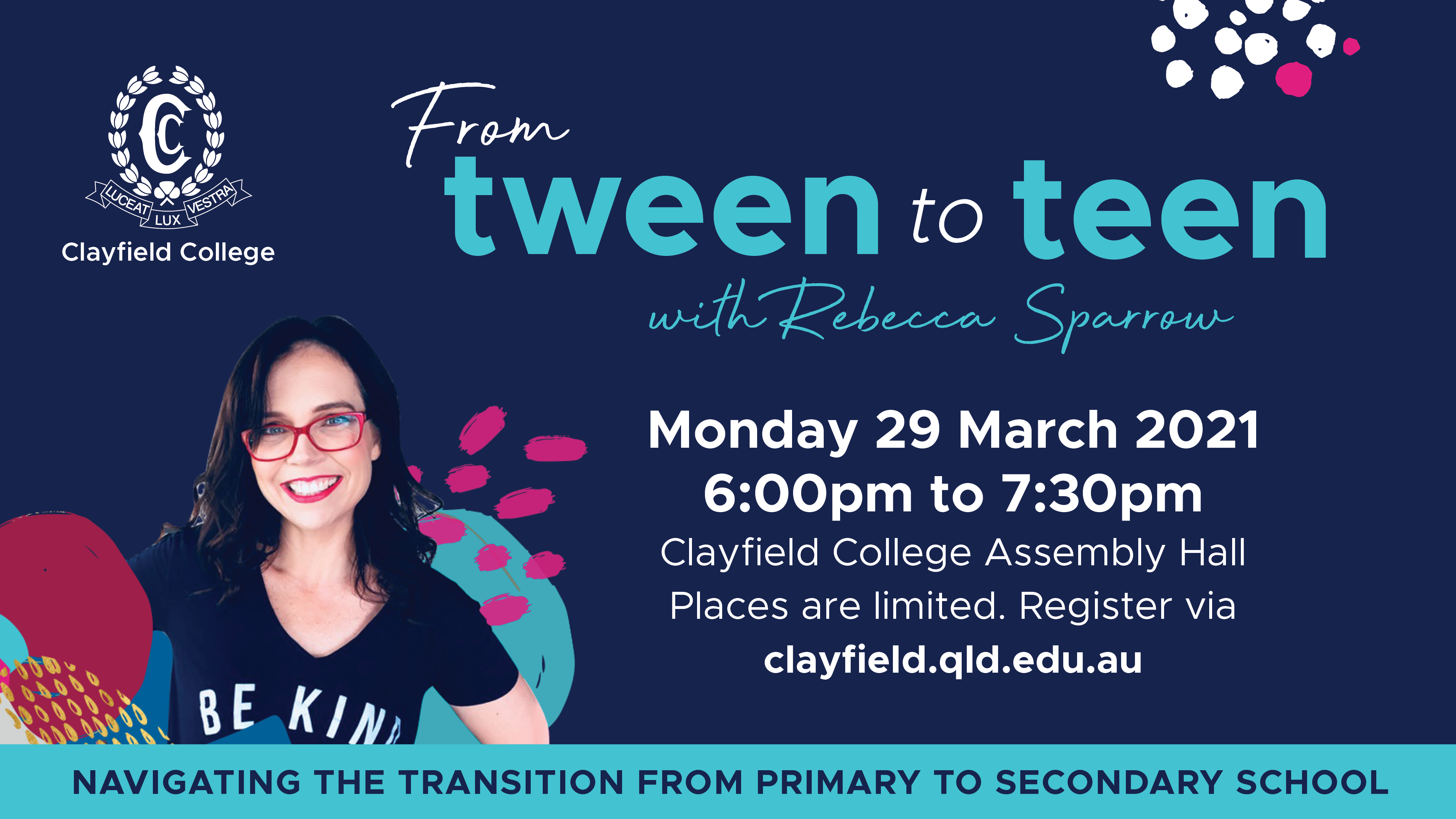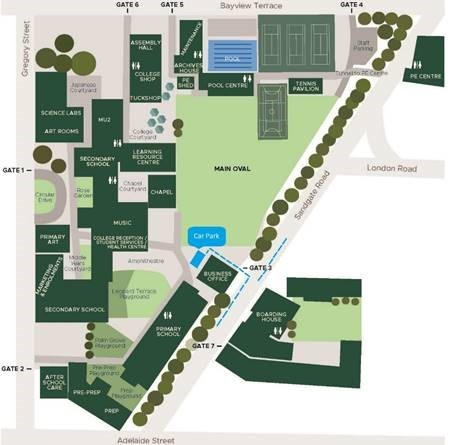Consent
Today I registered to attend a seminar through the Alliance of Girls Schools. Titled, Consent Education, why it is not enough, the webinar will be delivered by Peggy Orenstein, internationally renowned US author and speaker. Peggy Orenstein has written extensively over the last 25 years on a wide range of issues affecting girls and women. 'She is the author of Girls and Sex, Schoolgirls, Cinderella Ate My Daughter, and most recently, Don't Call Me Princess. She is also a contributing writer for The New York Times Magazine' (https://www.npr.org/2018/04/06/600093968/peggy-orenstein-how-should-we-talk-to-our-kids-about-sex). As a parent of two girls and an educator I am very much looking forward to hearing her views.
Recent events have highlighted in a public way how important it is for schools to engage young people in learning which equips them to assert themselves and make their own choices with regard to sex and relationships. For educators this is not a new understanding, but rather a prompt to review what it is we do in our classrooms and how we can improve it. At Clayfield College we are committed to doing this. Yesterday I received an email from one of our Year 12 students with a copy of the petition started by Chanel Contos. Reading some of the testimonials was chilling and the plea for education relating to consent to be implemented in the middle years of primary school was also confronting.
In the last 24 hours I have discussed this issue with colleagues, friends and students and have arrived at a place, which while not comfortable feels positive. Undoubtedly, issues relating to consent need to be part of our curriculum from the first years of formal education as they currently are. Helping our children to understand the importance of feeling comfortable and to speak up when they don’t is fundamental. It may be that these conversations relating to an individual’s right, both morally and legally, to retain control over themselves and their bodies need to become more direct as students enter secondary school.
At our Secondary Assembly last Friday, we were fortunate to have Ms Sara Wong, English teacher, Leader of Radcliffe House and much loved member of staff address us as part of our International Women’s Day celebrations. Her words were beautiful and the sentiments she conveyed powerful. I include some excerpts from her address here.
'All our lives are stories. They are the stories we tell ourselves – about our pasts and what has happened to shape us into the people we are today. They are the stories of our present, and what we are doing. And, perhaps most importantly, they are the stories that we hope will one day come true. One day, I could be great.'
Ms Wong referred to the shocking stories of sexual assault which have dominated our media and rested in the heart of our nation. She acknowledged,
' These are unpleasant things to talk about before 10am in the morning. In fact, these are unpleasant things to talk about at any point ever, but if we cannot discuss these things here, together, as a community where the future of young women – you – is our core business, then I ask: where on earth can we have these discussions? Where? '
She referred to her time as a student at a school similar to this one.
' For those 12 charmed years of schooling … women’s rights did seem like a total non-issue. I was surrounded by bright and capable young women every single day. We dreamed BIG … We were taught by charismatic and intelligent women. We studied texts such as the Handmaid’s Tale, The Oresteia and 1984 and were always told to interrogate the voice of women, the role of women, the agency of women. Whose story is told? Whose story is silenced?
From our perspective, we were … living proof that gender equality had marched across the finish line … now I realise that that perspective was one borne out of privilege and naivete.
While women’s issues might not seem like a big deal every day here at Clayfield College – know that that is an absolute blessing. It is something so beautiful, so special, and it’s something that we need to protect and spread throughout society … the world outside this college is not as perfect as this community that we find ourselves in every single day. I say that with both sadness and gratitude.'
With role models such as Ms Sara Wong our girls are well placed to hear these messages related to gender equality and by extension their right to have control over themselves, both physically and emotionally. Together senior students and staff will be evaluating our approach to these issues and their place in the curriculum. We will be accessing expert advice on the best way to engage our young people in conversations and thinking which will empower them.
Psychologists and other professionals in the area of sex education affirm the importance of schools ‘teaching consent’, but point out the importance of the concept being situated within broader programs which include discussions of gender-based expectations and dynamics, media literacy, pornography, communication and healthy relationships. It is also clear that understandings of these complex issues are best attained when formal educational programs are pre-empted and reinforced by discussions between parents and children. There are resources to assist parents with these conversations. Dr Michael Carr-Gregg’s recently released video, A Conversation About Consent, is one such resource.https://schooltv.me/wellbeing_...
Samantha Bolton
Deputy Principal.
